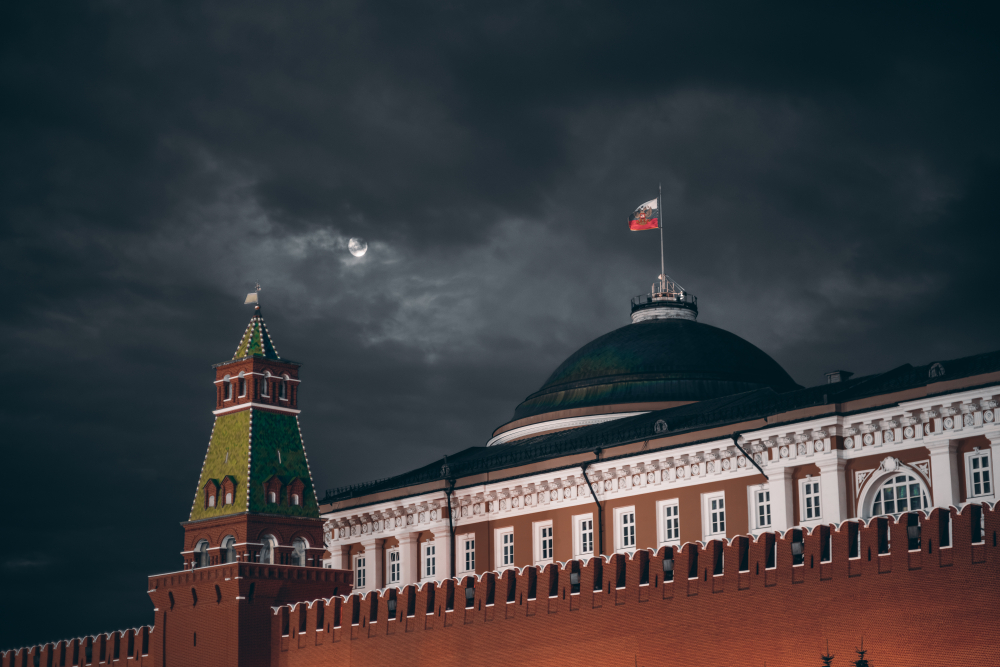
Europe | Politics & Geopolitics

Europe | Politics & Geopolitics
On 20 August 2022, Russian journalist and political activist Darya Dugina was killed in a car bomb in the outskirts of Moscow. Dugina has written for the Russian state-owned news organisation RT and United World International.
Both the UK and US had sanctioned Dugina for trying to destabilise Ukraine. According to the Guardian, the UK Office of Financial Sanctions Implementation called Dugina a ‘frequent and high-profile contributor of disinformation in relation to Ukraine and the Russian invasion of Ukraine on various online platforms.’
Reportedly, Dugina’s father, a prominent political ally of Russian President Vladimir Putin, had intended to travel in the car with her but changed his mind at the last minute. This has led to speculation that Dugin was the real target of the attack.
Dugin is a mysterious figure in Russian politics. His influence on Putin is widely disputed. Frequently described in the media as ‘Putin’s brain’, Dugin’s ideas appear to closely mirror recent Russian foreign policy. Dugin, however, holds no official post in government and was reportedly fired from Moscow State University, a decision Putin may have personally approved. As one commentator puts it, ‘He is at once claimed to be a significant influence to Vladimir Putin and reportedly out of favour in Moscow at the same time.’
Nonetheless, Dugin has contributed significantly to the climate of nationalism in Russia, and many of his specific ideas no doubt deeply appeal to the president.
Dugin’s main political philosophy, Eurasianism, is a mix of old-fashioned Russian imperial ambition and modern anti-globalism. But the extent to which it is fascist, anti-liberal or conservative is difficult to say. His views are a unique combination of ideas from all over the political spectrum. But one clear common thread runs through them: Russian nationalism.
We must understand Dugin’s views in the context of his early life. In his account of the rise of modern Russian nationalism, Charles Clover describes Dugin as a child of the Soviet Union of the late ’60s and ’70s, when the optimistic vision of a consumer paradise was fading and stagnation had begun to set in.
In his teenage years, Dugin became involved in anti-Soviet activism and joined the literary circles of the Soviet mystic underground, whose opposition to the USSR took the form of fascist symbolism and mysticism. In the 1970s, Dugin connected with European New Right thinkers such as Alan de Benoist in France, whom he visited personally.
When the Soviet Union collapsed, Dugin’s nationalist views found a ready audience. His most influential work, Foundations of Geopolitics, was allegedly used as a textbook in the Academy of the General Staff of the Russian military in the ’90s. As Russian foreign policy hardened in the late 2000s and 2010s, Dugin’s ideas seemed to increasingly mirror the actions of the Russian government.
While Dugin rarely discusses economics directly, his views have clear geopolitical and economic implications.
Spring sale - Prime Membership only £3 for 3 months! Get trade ideas and macro insights now
Your subscription has been successfully canceled.
Discount Applied - Your subscription has now updated with Coupon and from next payment Discount will be applied.